

 Ghana’s inability to effectively mobilize domestic revenue has long been identified as a critical weakness in its economic framework. The International Monetary Fund (IMF), which is currently supporting Ghana under a bailout programme, has cited inadequate tax collection—especially from the informal sector—as a major contributor to the country’s fiscal imbalances.
Ghana’s inability to effectively mobilize domestic revenue has long been identified as a critical weakness in its economic framework. The International Monetary Fund (IMF), which is currently supporting Ghana under a bailout programme, has cited inadequate tax collection—especially from the informal sector—as a major contributor to the country’s fiscal imbalances.
Ghana has sought assistance from the IMF more than seven times, with the most recent intervention initiated to stabilize the economy following a series of external shocks and internal mismanagement.
As part of the ongoing fiscal reforms, the GRA has engaged stakeholders including the Ghana Hotels Association, the Ghana Chamber of Mines, tax consultants, and major corporate taxpayers to gather practical recommendations for reshaping the VAT system.
Commissioner for Domestic Tax Revenue, Apenteng Gyamrah, who led the stakeholder engagements, emphasized that all proposals submitted will be reviewed and consolidated to create a more inclusive and efficient VAT framework. “We want a system that reflects grassroots input and is tailored to Ghana’s unique economic environment,” he said.
Mr. Gyamrah also lamented the persistent difficulty in integrating the informal sector into the national tax regime. He noted that stakeholder consensus has so far supported the removal of the COVID-19 Recovery Levy—commonly referred to as the “COVID tax”—which was introduced as a temporary measure during the pandemic but has since drawn criticism.
He assured that the proposed VAT reforms, once finalized, will be durable and aligned with international best practices while remaining sensitive to the local business climate.
The government is under increasing pressure to generate sufficient revenue to meet its developmental targets and finance major political commitments ahead of the 2028 general elections. While macroeconomic indicators have shown modest improvement in the first half of 2025—such as inflation easing and a stable cedi—analysts warn that the progress could be undermined if the government engages in excessive or unproductive spending.
The GRA has indicated that it will continue consultations with remaining sector players in the coming weeks to ensure that the final VAT legislation is well-informed and ready for implementation before the end of the year.
By Fred Duhoe
The post Ghana Revenue Authority seeks stakeholder input on VAT reforms amid revenue challenges The Ghana Revenue Authority (GRA), in collaboration with the Ministry of Finance, has begun consultations with key industry stakeholders to solicit input for proposed reforms to the country’s Value Added Tax (VAT) legislation. The initiative forms part of broader efforts to address Ghana’s persistent revenue shortfalls, particularly from the informal sector, which continues to evade the tax net. appeared first on Ghana Business News.
Read Full Story

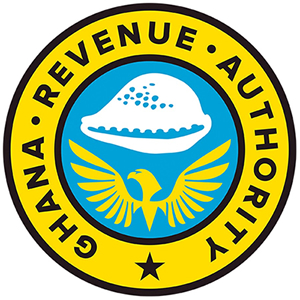
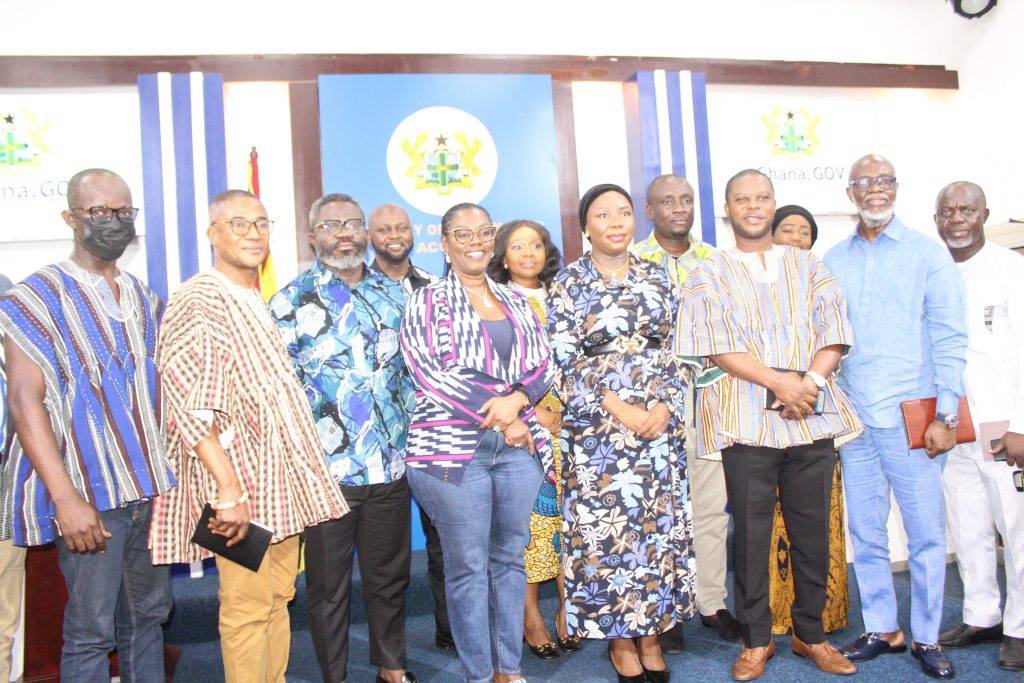
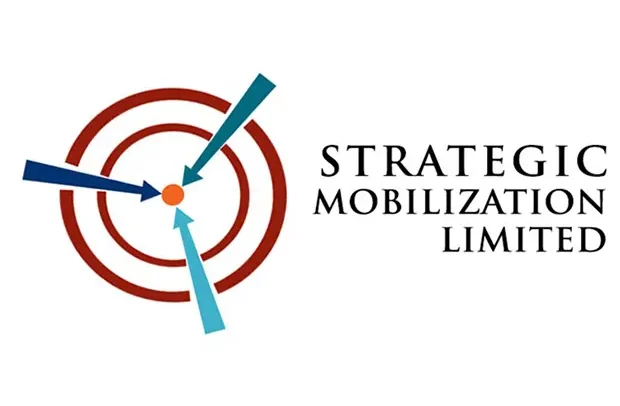

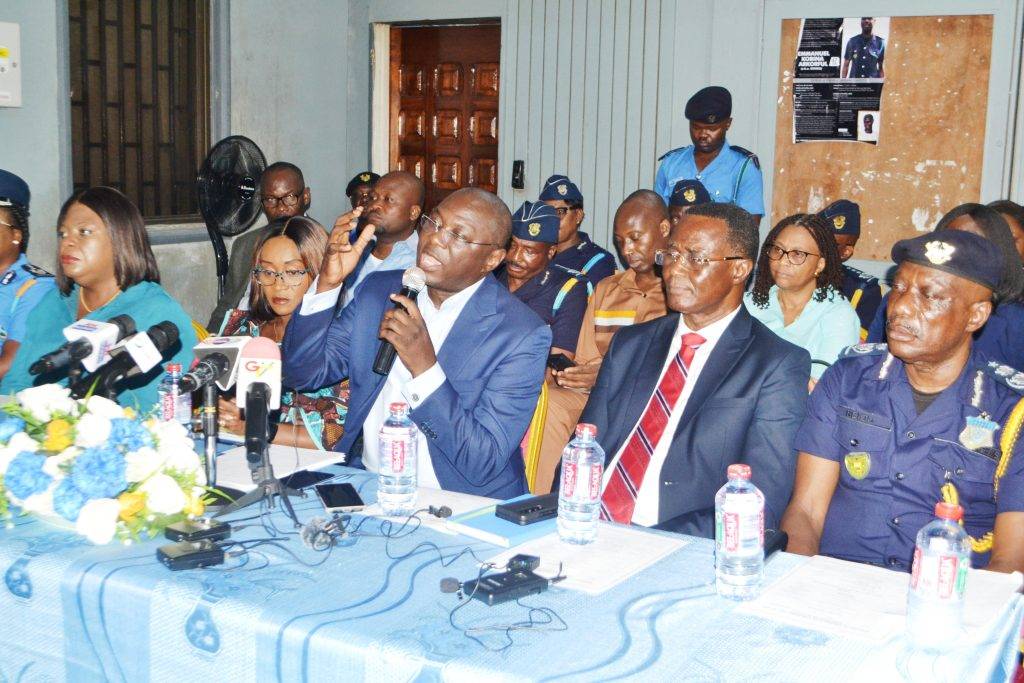







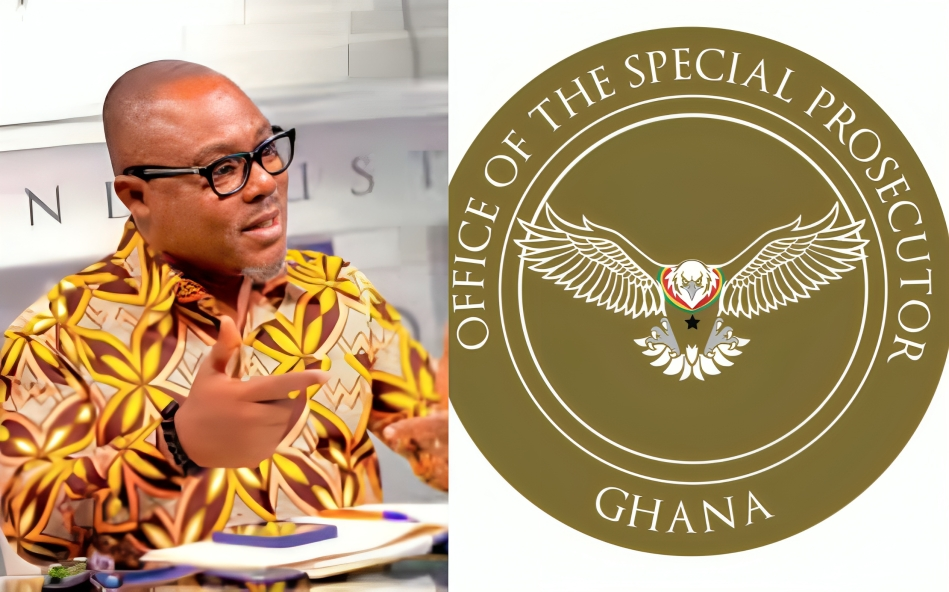


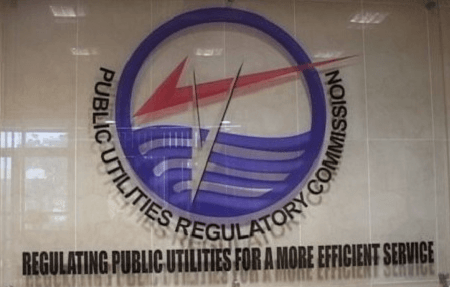
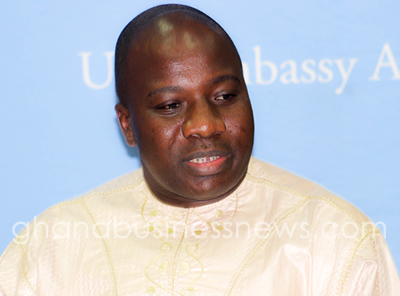
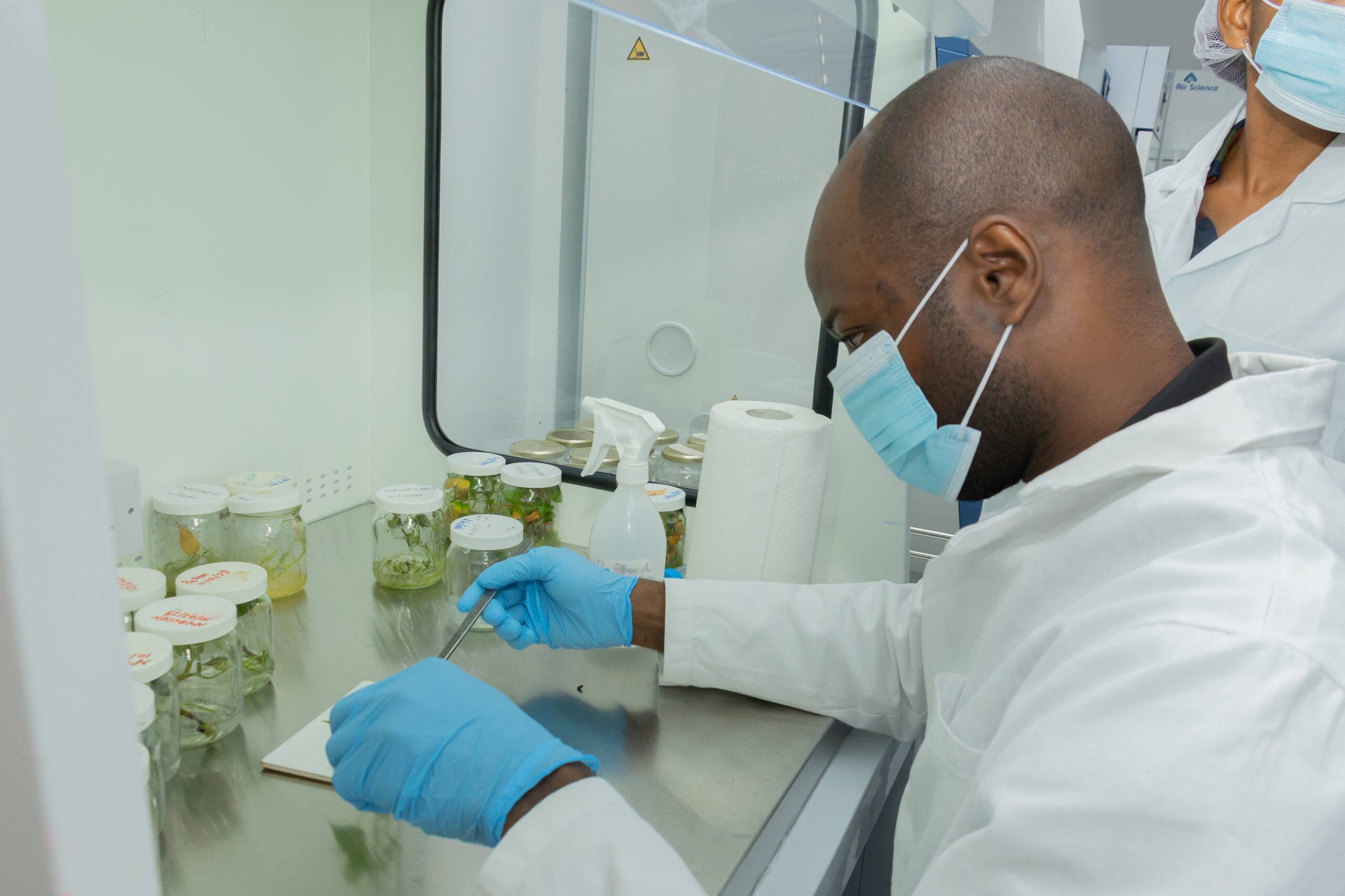

Facebook
Twitter
Pinterest
Instagram
Google+
YouTube
LinkedIn
RSS